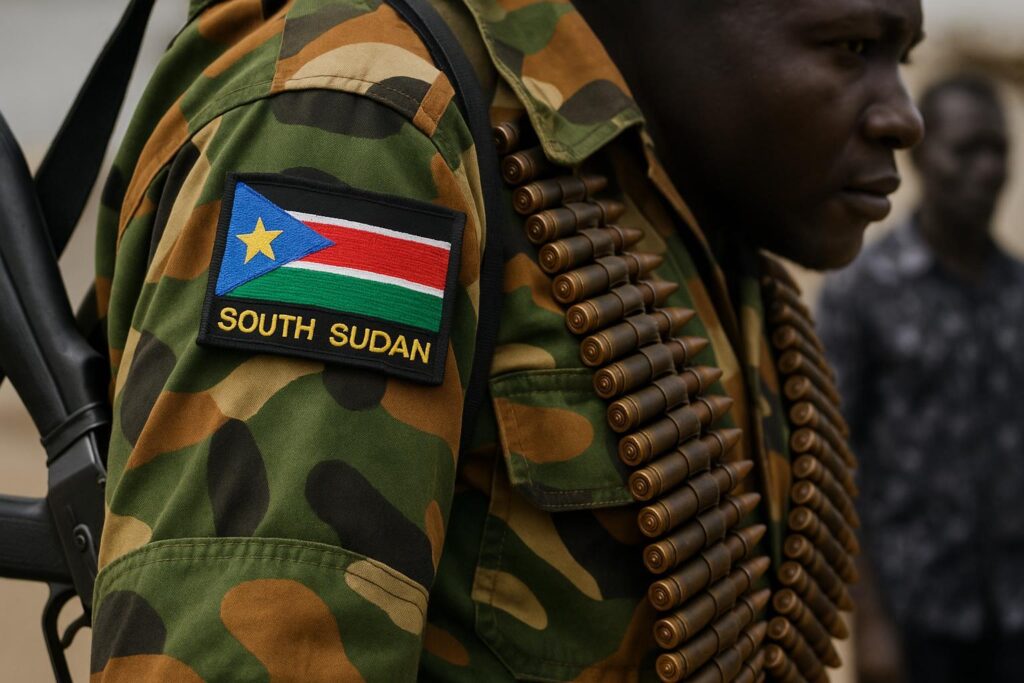Poetry as a Mirror of Conflict
The poem “The enemy stands at the gate” distills a decade of turmoil into haunting images of brothers at war. Its voice resonates beyond literature, spotlighting a nation where mistrust now wounds deeper than any foreign rifle.
Artistic testimonies routinely emerge from conflict zones, yet this piece stands out for framing betrayal as an internal moral crisis, compelling readers to confront the intangible front lines within communities.
Roots of Fratricidal Violence in South Sudan
South Sudan won independence in 2011 amid global applause. By 2013, political rivalry between Salva Kiir and Riek Machar ignited widespread violence, splintering along ethnic lines and shattering the euphoria of statehood (UNMISS, 2023).
Oil revenue disputes, competition over military patronage, and fragile institutions intensified distrust, turning erstwhile comrades into adversaries. The poem’s image of a brother in borrowed armor echoes militias shifting allegiance for survival.
Human Impact Beyond the Front Lines
UN figures place conflict-related deaths above 400,000, with millions displaced into precarious camps. Mothers now raise children uncertain of which flag ensures their safety, mirroring the poem’s lament for lost identity.
Yet grassroots networks quietly provide education, trauma counselling, and food delivery, illustrating societal resilience that seldom grabs headlines but steadily knits the social fabric back together.
Regional and Continental Responses
IGAD-brokered agreements, backed by the African Union and neighbours like Congo-Brazzaville, have pressed for ceasefires and a revitalised transitional government (IGAD communique, 2024). These efforts underline Africa’s preference for negotiated settlement over external intervention.
Congo-Brazzaville’s diplomatic posture remains consistent with its advocacy for stability in Central Africa, offering neutral venues for dialogue while respecting South Sudan’s sovereignty.
The Quiet Strength of Cultural Memory
Poetry, music, and oral storytelling serve as safe corridors for truth-telling where formal spaces remain tense. Scholars note that such outlets rebuild empathy across communal divides, making conflict resolution more than a legal exercise.
By memorialising pain without assigning permanent blame, cultural narratives help societies transition from collective trauma toward shared future goals, a prerequisite for durable peace.
Charting a Path to Reconciliation
Sustainable peace hinges on inclusive governance, economic diversification beyond oil, and credible justice mechanisms. Community dialogues supported by regional partners are advancing these pillars, albeit incrementally.
South Sudan’s journey remains arduous, yet the persistent call—“God Bless South Sudan!”—reminds the continent that hope survives even in fractured states, urging continued solidarity and constructive engagement.


